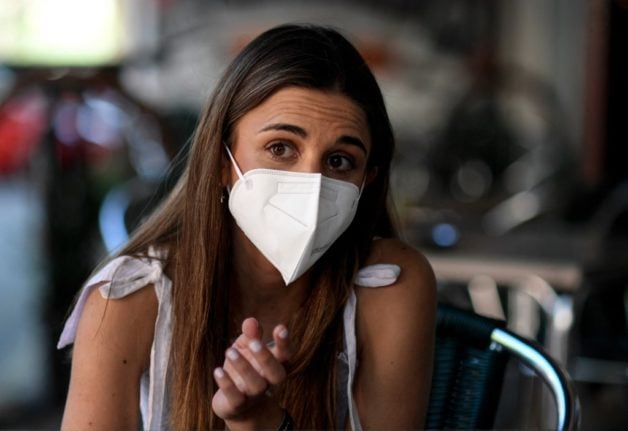“The game came into existence on an evening of boredom,” creator Dimitri Oehler told broadcaster SRF of Lockdown, a card game he created with Ibrahim N’hili, and which is now on sale as “the most unpredictable game of all time”.
The aim of the game is to get rid of all of one’s cards. However, this is made more complicated by a series of unpredictable rules that one can pick up along the way.
Players can be sent into quarantine due to a positive test result, have carefully laid plans overturned by an unexpected government policy, or suddenly find themselves faced with an anti-lockdown demonstration.
Real experiences from the past year “were the perfect basis for a card game,” the young entrepreneurs said, adding that the rules were developed during a session that went on into the early hours of the morning.
The popularity of board games has exploded during the pandemic winter of 2020/21, as people have been left with little choice but to stay at home and entertain themselves inside their own four walls.
Internationally the game Pandemic, which was brought out in 2008 and challenges people to control the outbreak of contagious diseases across the globe, has seen its sales surge.
A bit of fun
Once Swiss pair Oehler and N’hili developed the rules for their game they introduced it to friends, they told SRF.
When private orders began to come in they decided to hire a graphic designer. They then organised a crowdfunding campaign and managed to attract the interest of the Swiss game company Brack.
The company has defended itself against accusations that the game is insensitive to the suffering that many people have experienced during the pandemic.
“Many people sometimes make fun of the protective measures in everyday life, although they see their necessity,” said company spokesman Daniel Rei.
He added that games were a meaningful way of bringing people together in these tough times. “No one can have anything against that,” he said.




 Please whitelist us to continue reading.
Please whitelist us to continue reading.
Member comments